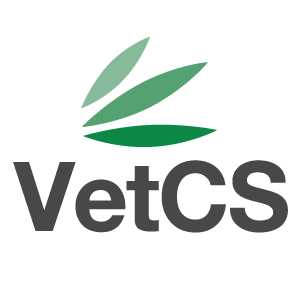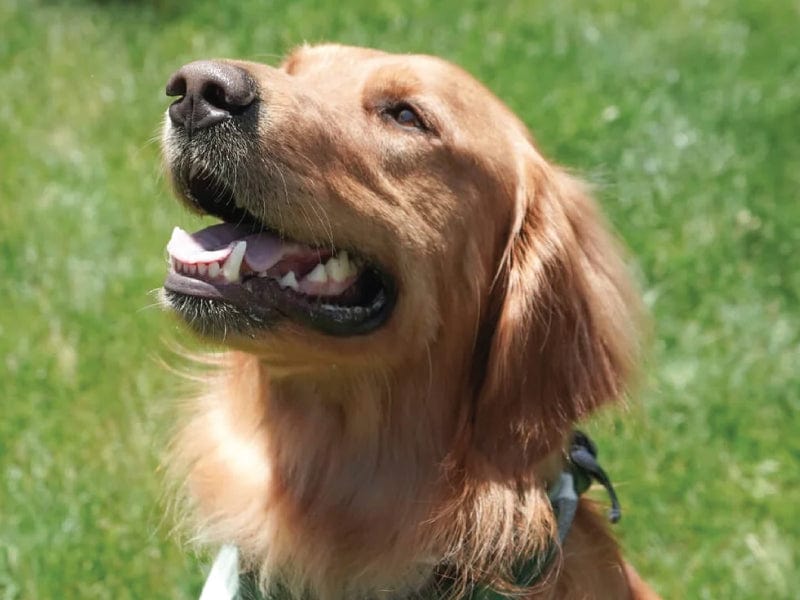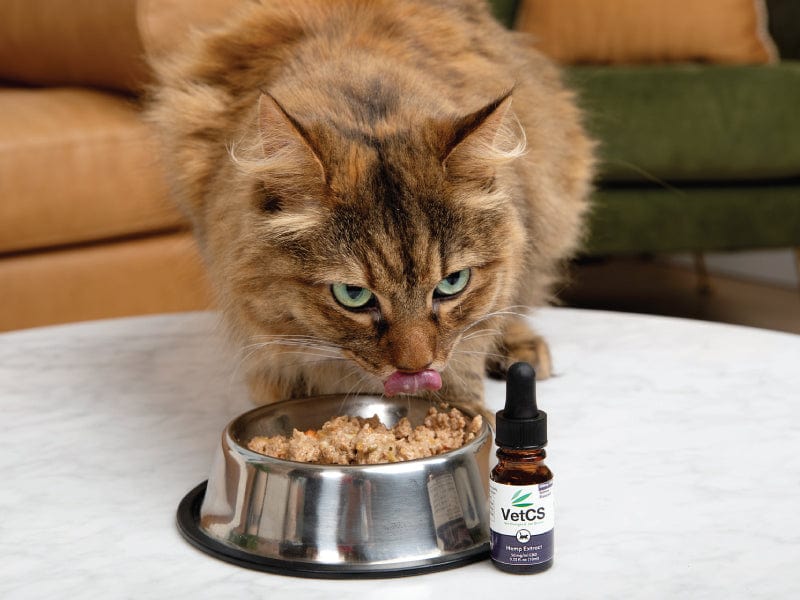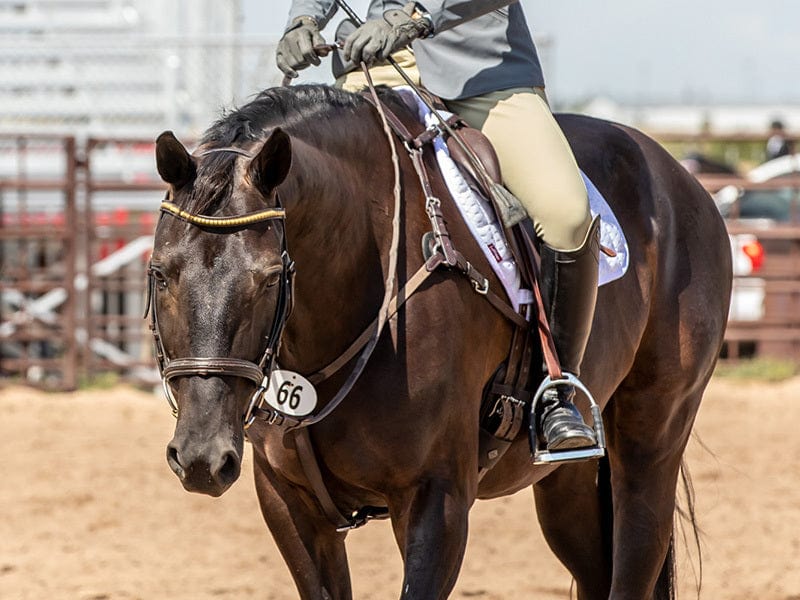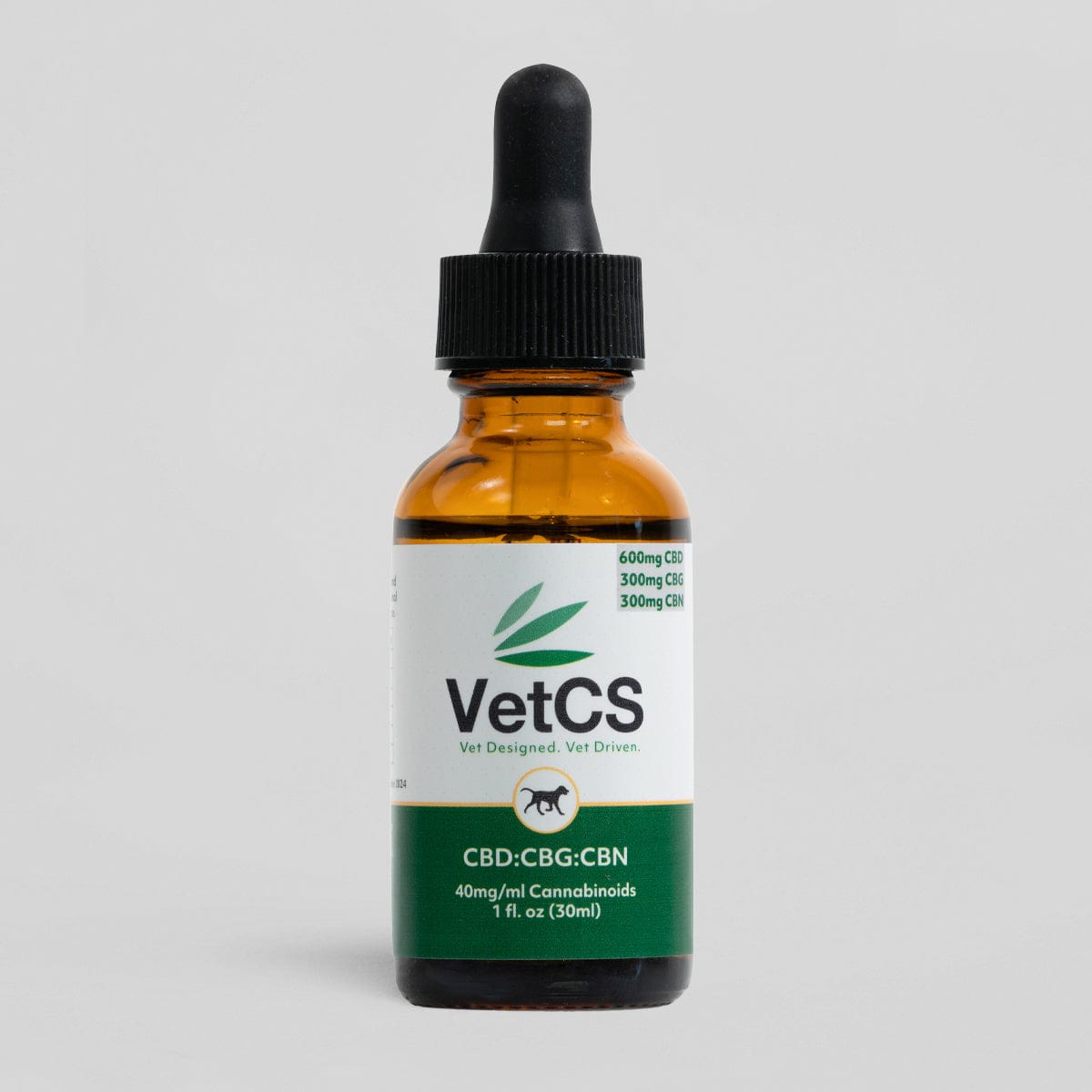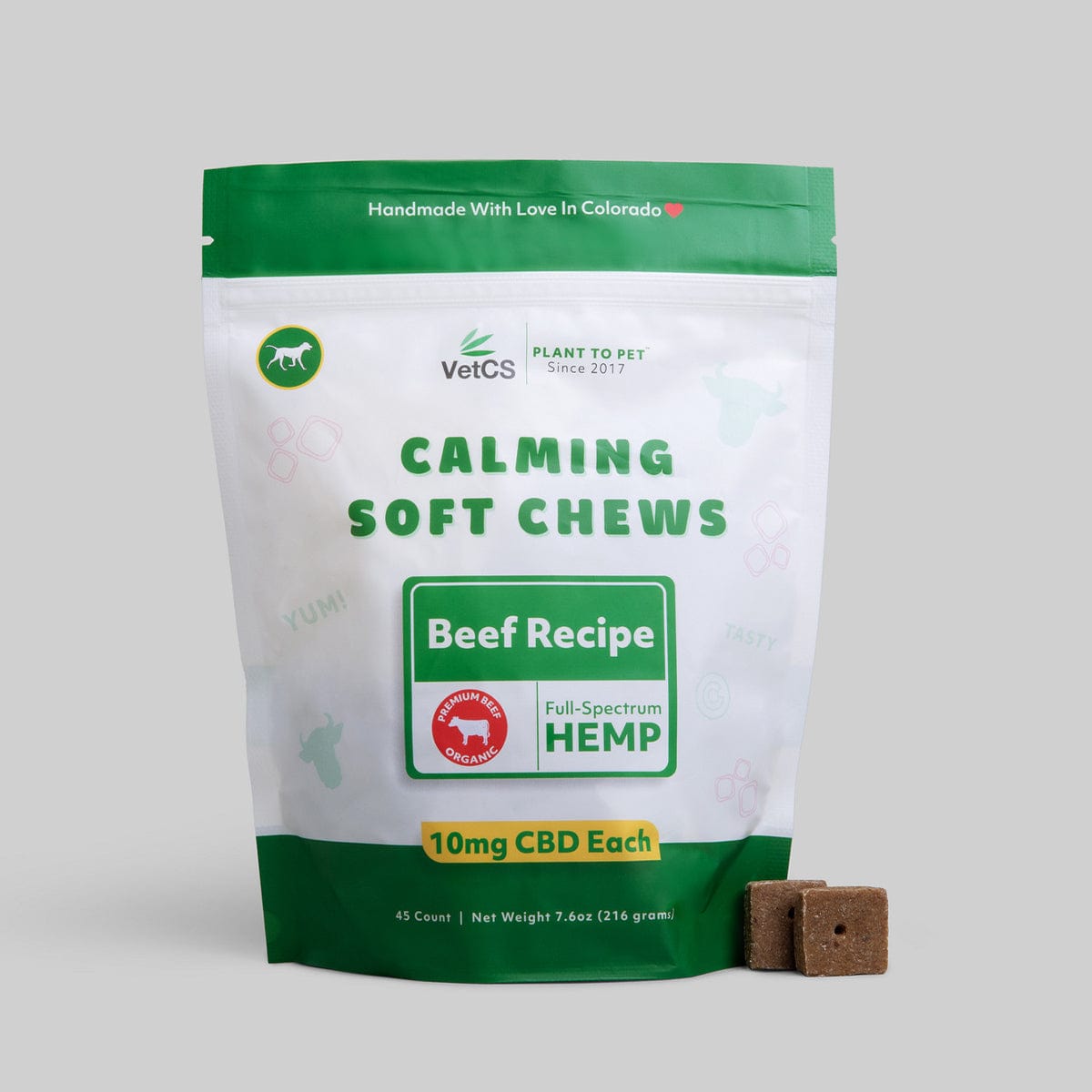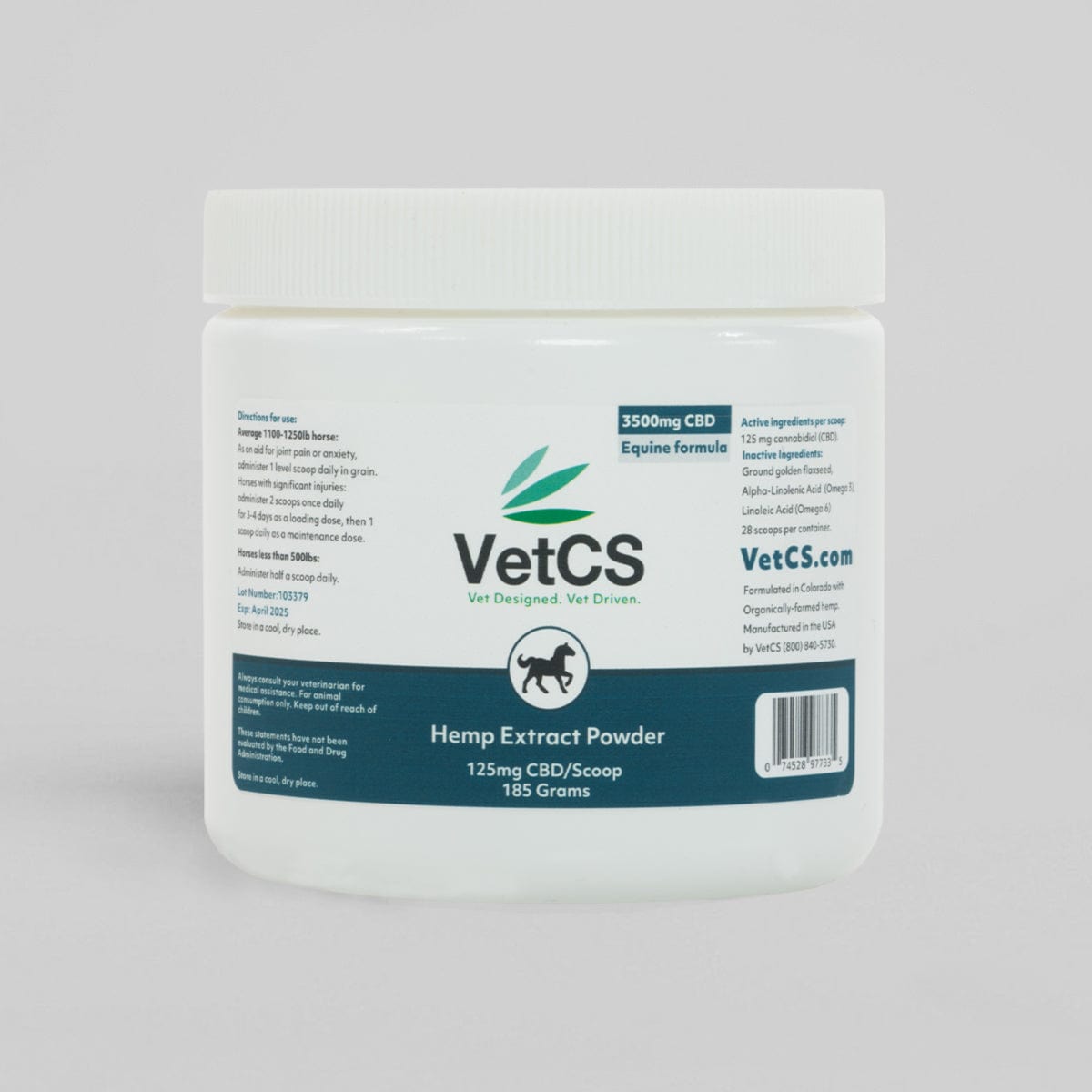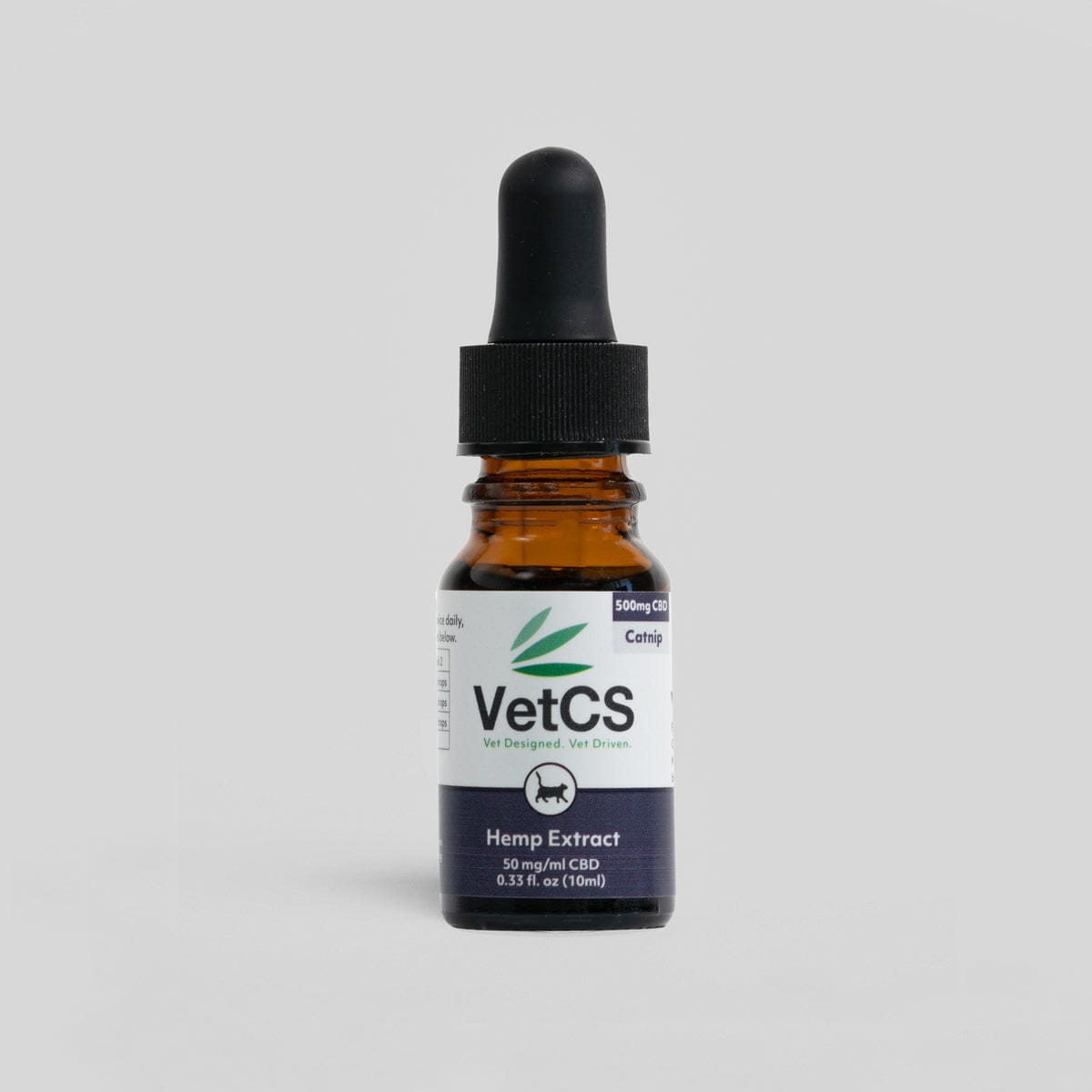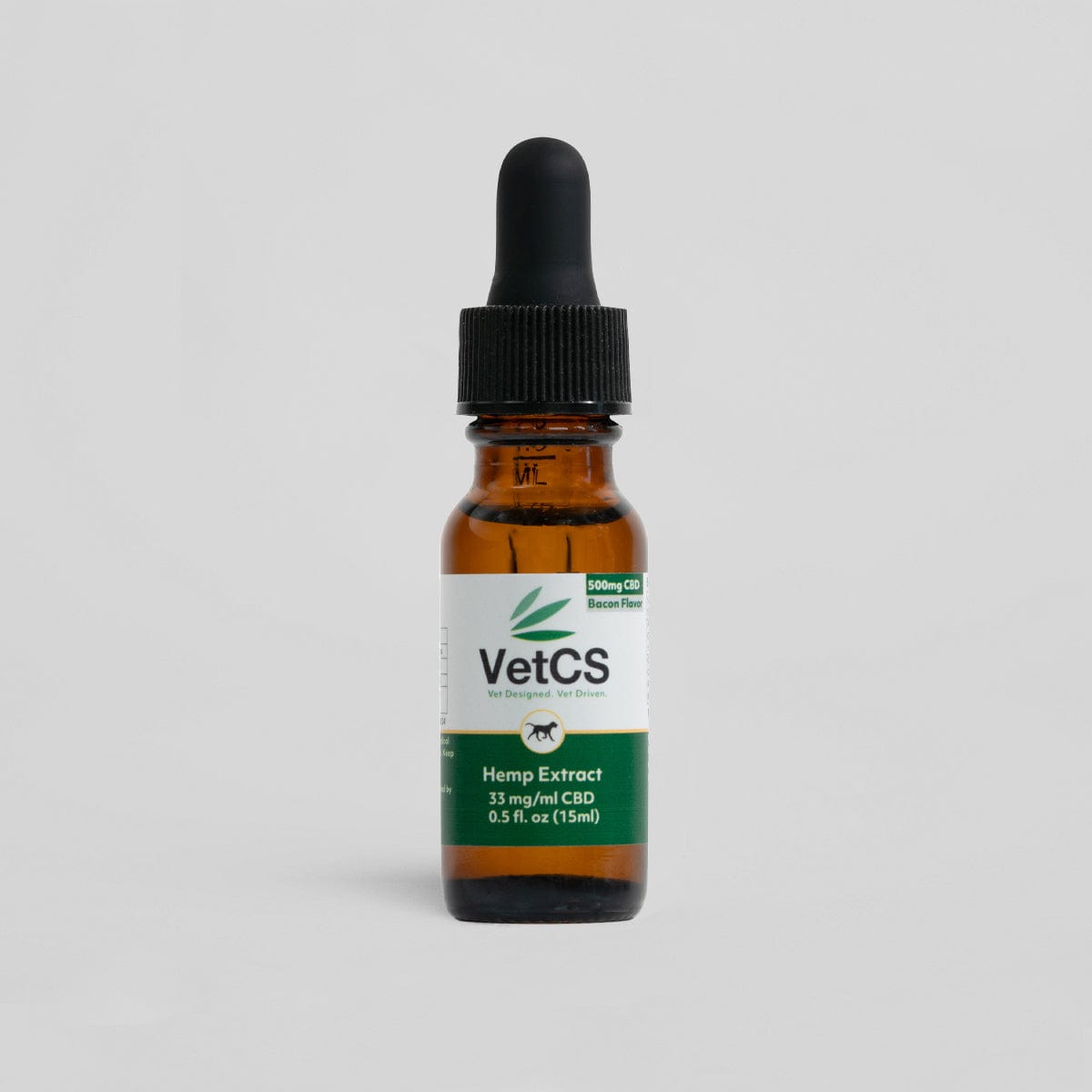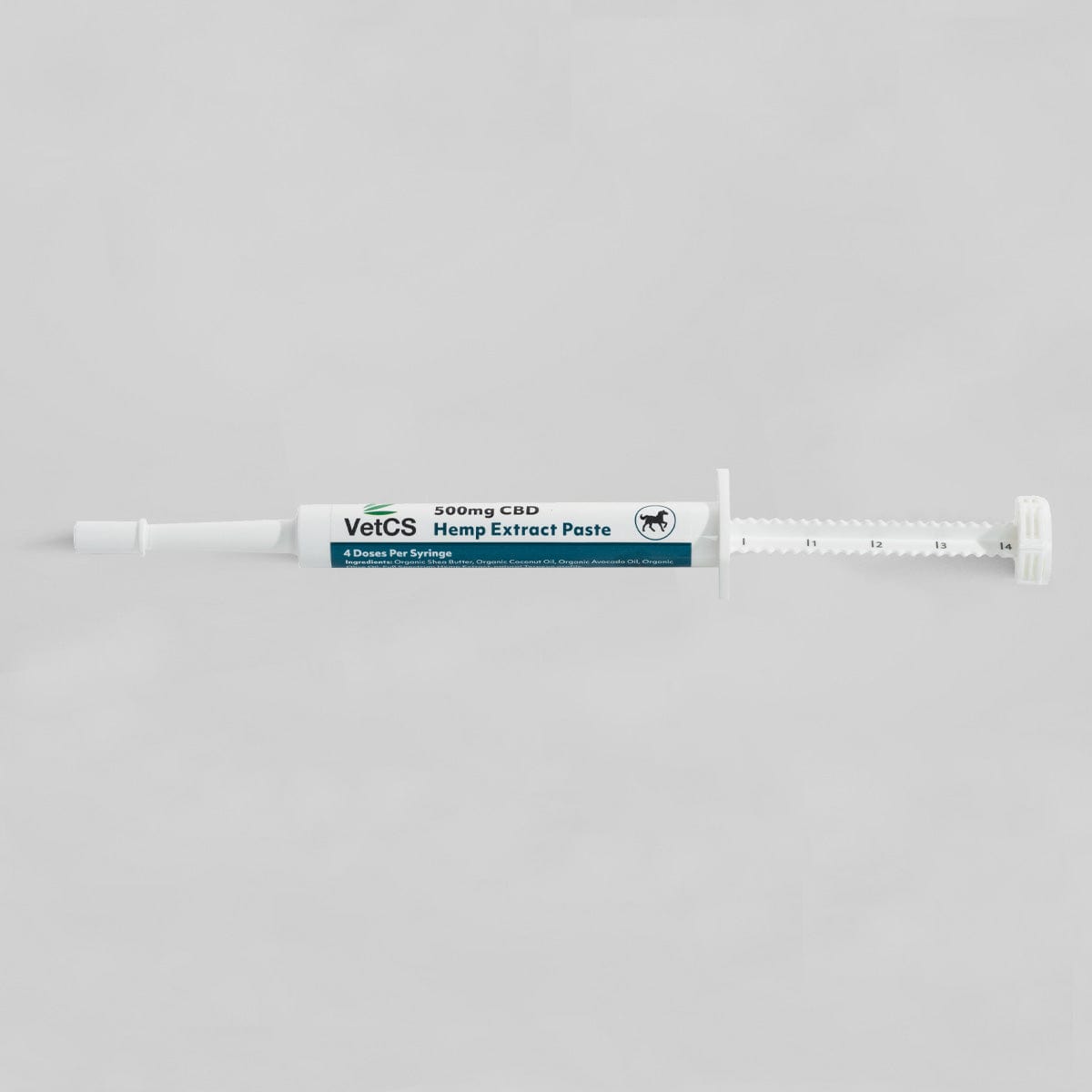At VetCS, we are committed to providing scientifically backed, safe, and effective products for your pets. As a team led by veterinary professionals, we understand the excitement surrounding CBD as a natural solution for managing various health concerns in animals. However, there are certain areas we navigate with cautious optimism, and young animals are one of them.
Young animals experience rapid growth and development in their first year of life, with the most critical stages occurring within the first few months. During this time, their nervous system, immune system, and organ functions are still maturing. Introducing new outside supplementations without comprehensive research on how these products interact with developing systems leaves us with unknown answers. Additionally, they are maturing and growing their own endocannabinoid system, and it is unknown if supplementing their growing endocannabinoid system too early with outside (phyto, or plant-derived) cannabinoids changes the maturation of their own endocannabinoid system.
While the benefits of CBD have been widely studied in an array of adult animals, research on its use in young animals under a year old as well as pregnant or lactating animals is still in its infancy. We know that CBD interacts with the endocannabinoid system, which plays a key role in regulating mood, appetite, and inflammation. However, the long-term effects of CBD on an immature endocannabinoid system are not yet fully understood. Until more data becomes available, our veterinary team believes it is best to avoid CBD use in animals during this critical stage of growth, generally until 8 months of age. Instead, here are some tips to help during this essential stage:
- Prepare Your Home: Puppy-proof and set up a cozy, safe space with essentials like a bed, toys, and food.
- Establish a Routine: Stick to consistent feeding, walking, and sleeping schedules for stability.
- Create a Calm Environment: Limit visitors and let your puppy explore the house at their own pace.
- Introduce Gradually: Slowly introduce family members, pets, and new surroundings to avoid overwhelm.
- Use Positive Reinforcement: Reward good behavior with treats, praise, and affection.
- Start Training Early: Begin crate training and teach basic commands right away.
- Socialize Safely: Expose your puppy to different environments and people after vaccinations.
- Be Patient and Kind: Expect accidents and allow time for your puppy to adjust.
- Visit the Vet: Schedule a check-up to address vaccinations, diet, and health questions.
- Build a Bond: Spend quality time playing, cuddling, and training to strengthen your connection.
At VetCS, we value transparency and evidence-based decision-making. We understand that every pet is different, and questions about your puppy’s health are bound to arise. Our veterinary team is always available to discuss your concerns and help you make the best decisions for your growing pet. If you’d like to learn more about CBD or discuss your puppy’s future CBD care plan, please don’t hesitate to reach out.
